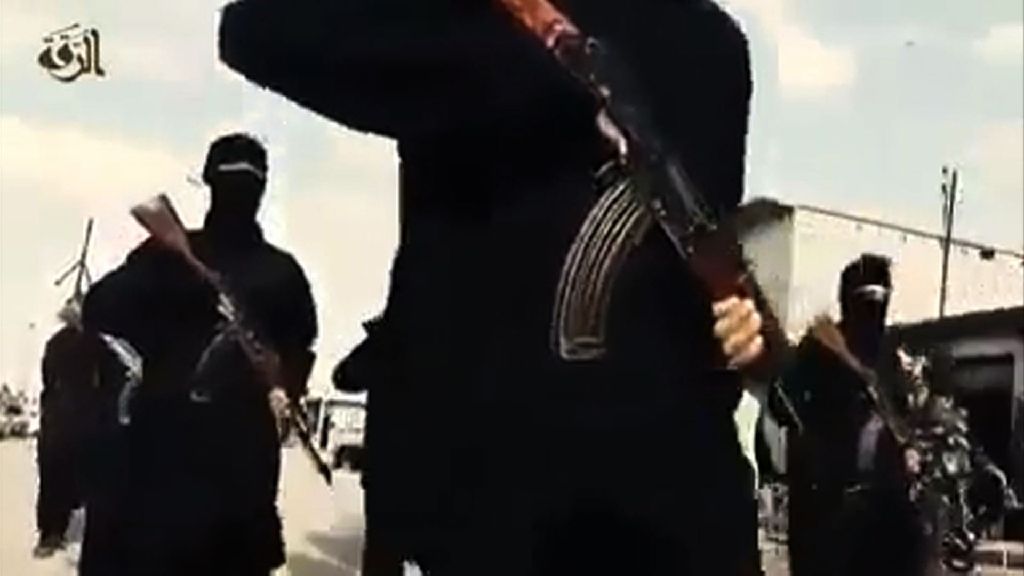Washington- At a time when the bureaucracy of the U.S. government is slow in the internet war against ISIS, web giants, mainly Facebook, Twitter and YouTube, are shutting down thousands of terrorist accounts on a daily basis.
U.S. experts had different viewpoints on these efforts. Some of them said the defeat of ISIS militarily is easier than defeating it on the internet.
Lisa Monaco, President Barack Obama’s top homeland security advisor, said the U.S. government and mainly the State Department’s Global Engagement Center, is no longer focusing “on U.S. messages with a government stamp on them, but rather amplifying moderate credible voices in the region and throughout civil society.”
The U.S. military’s Central Command, which oversees operations in the Middle East, is “actively engaged” on social media to counter ISIS propaganda.
A Pentagon spokesman said the command has a robust online engagement program that harnesses the professional talents and expertise of both military members and contractors working together.
“We operate using truthful information directed toward regional audiences to combat ISIS’s lies and deception,” he added.
“Twitter has publicly said they’ve taken down close to 200,000 handles. They’ve taken down way more than that,” Richard Stengel, the under secretary of state for public diplomacy and public affairs said at a recent seminar.
“YouTube has taken down literally millions of videos. Facebook has hundreds of people who are working 24/7 to take down this noxious content,” added Stengel, who also was the former managing editor of Time magazine.
Experts are divided on the effectiveness of such efforts.
One of them said: “There is no question that ISIS supporters on Twitter and elsewhere are under tremendous pressure, and they are performing significantly below the levels we saw last year, or even earlier this year.”
“Supporter accounts have fewer followers and tweet less often. They are still able to distribute their propaganda to a shrinking core audience, but it is harder for them to broadcast widely and to get their message in front of potential recruits.”
Will McCants, an expert on militants at the Brookings Institution think tank in Washington, said the pressure by social media has been fruitful.
Rita Katz, who co-founded the private intelligence firm Search for International Terrorist Entities Intelligence Group (SITE), was less optimistic.
ISIS propaganda “at least doubled last year if not even more,” she said.
“These groups and individuals are still online and they’re still recruiting,” Katz added.
Meanwhile FBI Director James Comey noted that while there has been a drop in people traveling to join the ISIS the militants retain the ability to “motivate troubled souls.”
